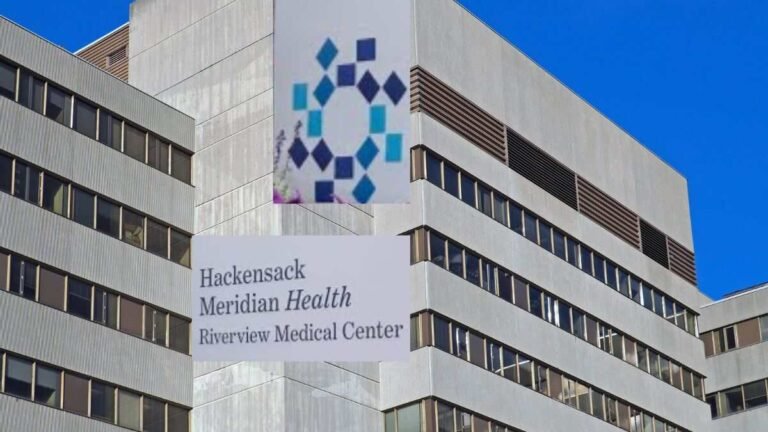Introduction
In response to the risk of a catastrophic and long-lasting nursing staff deficiency, the nursing leadership at Meridian Health embarked on an expedition to improve the practice environment for nurses across the hospital system. This article designates the Smart Square HMH Meridian Health Clinical System Advancement and Recognition of Excellence (CARE) package, an outcomes-based clinical recognition program.
The growth of a new nursing care model led to redesigning the well-being system’s existing clinical ladder to further engage and recompense clinical nurses for their expertise and contributions to better-quality patient outcomes. Expansion of the CARE program is discussed, as fine as nursing participation in addition to outcomes.
Clinical recognition agendas or ladders began in the 1980s due to cyclical nursing staff shortages (Balasco & Black, 1988). Through increasing challenges posed by a highly complex healthcare environment, clinical gratitude programs must evolve to recognize the changing wants of the profession. If properly designed, these programs create an effective retention strategy and a meaningful chance to acknowledge clinical nurses for their charities in improving patient outcomes (Shapiro, 1998).
This article will highlight one hospital system’s efforts to enhance the practice environment by encouraging a milieu that rewards the bedside nursing staff for their clinical expertise and recognizes their role in improving patient outcomes and the advancement of clinical scholarship.
Section snippets on Meridian Health Clinical System
Meridian Health Clinical System challenge
As a portion of a long-term strategy, a newfangled, clearly articulated nursing model of upkeep would need to be industrialized to guide nursing preparation at Meridian Health. During a retreat for the Meridian nursing leadership, the present Nursing Philosophy provided the basis for the
The Meridian Nursing Practice Model
The Meridian Nursing Practice Model is enduring centred. It recognizes and respects the patient as an informed, discriminating shopper. Care provided by all nurses at Meridian is knowledgeable, effective, and collaborative, valuing the patient’s principles, preferences, and needs. In the new practice model, patient acuteness and needs drive the budget, patient care hours per patient day, staffing, and skill mix. A graphic representation of the critical notions provides a visual interpretation of the Clinical Advancement and Gratitude of Excellence (CARE) program!
The Meridian Nursing Model directed the redesign of the system clinical ladder program. The drive of the ladder redesign was to truly reflect differing levels of clinical know-how. The redesigned program is based on outcomes and decodes into a more meaningful program for the nursing staff. Development of the new-fangled clinical recognition program followed the process of the new practice model: Nursing leaders enabled the process redesign. At the same time, the staff fully participated in CARE program sharing and outcomes.
Meridian Health’s nurture leadership goal is 100% input in the CARE program. Table 2 and Table 3 demonstrate movement near this goal. At present, nearly 56% of eligible nurses across the health system have an unconventional CARE program; 82% of entitled RNs are participating in the model of care units.
Further evaluation of the CARE program results indicates that RNs in the program take a 42.7% greater length of service than nurses not affiliated with the program.
Conclusion
Hospitals need to be more active in dealing with current and future nursing staff scarcities by both developing successful recruitment initiatives and paying attention to retaining highly qualified and highly skilled nurses. Keeping harbours engaged at the bedside endures being an ongoing challenge.

